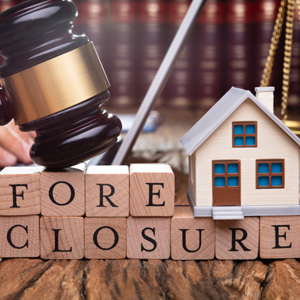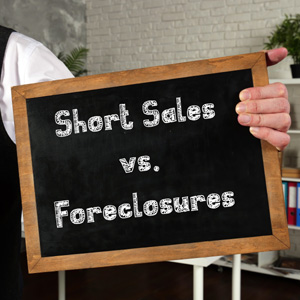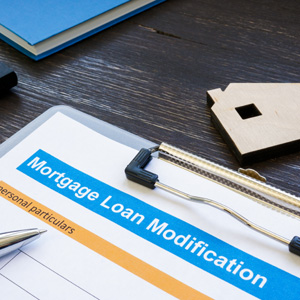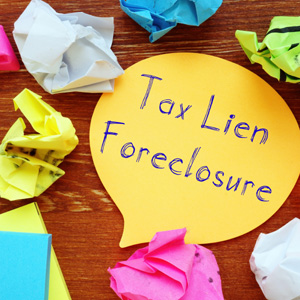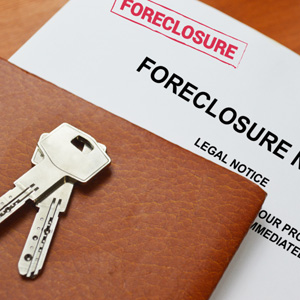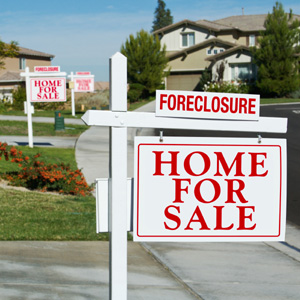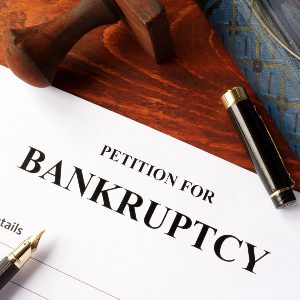Why Would a Foreclosure Case Get Dismissed?
As a homeowner, keeping up with your mortgage loan payments may be the difference between keeping or losing your home. If you find you are no longer able to keep up with your loan payments, you may have to face foreclosure. When your lender files a foreclosure lawsuit against you in a Florida court, there are some scenarios in which a foreclosure case may be dismissed.
The Law Offices of Daryl L. Jones, P.A, is a Florida real estate law firm with more than 30 years of experience assisting clients who are facing foreclosure. If you are in a situation where your lender may file, or has already filed, a foreclosure lawsuit against you, it is important that you understand why a foreclosure case may be dismissed by a Florida court.
When Will a Judge Choose to Dismiss a Foreclosure Case in Florida?
In the state of Florida, it is required that a Judge issue a Final Judgment of Foreclosure before your lender may complete the foreclosure and sell your property at a public auction to repay your loan. If you have not been able to keep your mortgage current and your lender decides to foreclose on the property, after first providing you with 30 days notice to bring your loan current, your lender must file a foreclosure complaint with the court. You will then receive a copy of the complaint and may choose to ignore it, answer it, or file a motion to dismiss it.
During the hearing, a judge will determine whether to proceed with the foreclosure case or dismiss it. If the judge decides to dismiss the case, the lender may not proceed with the foreclosure process. A foreclosure case may be dismissed for the following reasons:
- The judge may dismiss the case if the lender who filed the foreclosure (the Plaintiff) does not own the mortgage
- The judge may dismiss the case if the Plaintiff has not followed Florida’s foreclosure process properly
- The mortgage lender may voluntarily dismiss the foreclosure case if they notice that they made a mistake during the foreclosure process
- The mortgage lender may voluntarily dismiss the foreclosure case if the homeowner has made arrangements to pay the debt they owe, or if the homeowner voluntarily releases the property to the lender and leaves the property
If your foreclosure case is dismissed because the mortgage lender made a mistake or did not file a legally sufficient lawsuit against you, the lender has to start the legal process again if it wishes to pursue foreclosure. To ensure you understand the circumstances that may lead to the dismissal of a foreclosure case in Florida, speak with a knowledgeable foreclosure lawyer as soon as possible.
What Is a Voluntary Foreclosure?
If a mortgage lender has decided to foreclose on your property, you may be able to propose a voluntary foreclosure. A voluntary foreclosure, also known as a deed in lieu of foreclosure, allows a homeowner to request that the lender dismiss the case. Typically, a voluntary foreclosure impacts the homeowner’s credit for five years or less, but it prevents a lender from filing a lawsuit to collect a deficiency if the money from the sale of the property does not cover the homeowner’s debt. If you voluntarily foreclose on your property, you waive the right to receive any profit from the sale of your home.
To get help deciding the best course of action for your Florida home, contact a real estate lawyer who understands the foreclosure process, and who will guide you in making the best decision for you and your interests.
Contact a Florida Foreclosure Attorney as Soon as Possible
Being faced with foreclosure may be extremely stressful for a homeowner. If you are at risk of losing your home to foreclosure, it is important you are aware of the circumstances under which the case for the foreclosure of your property may be dismissed by a judge or your lender.
Attorney Daryl L. Jones of The Law Offices of Daryl L. Jones, P.A, has over 30 years of experience assisting clients in South Florida with all of their real estate legal needs. To schedule a free initial strategy session, contact us here or call us at 786-876-9604.

